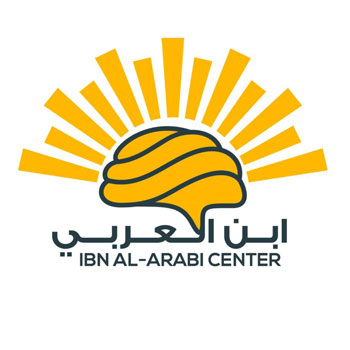Descriptive Reading for Leibniz's Theory of Knowledge
DOI:
https://doi.org/10.56989/benkj.v2i3.988Keywords:
Theory of Knowledge, sources of knowledge, Principals of knowledge, Substance, Monad, Divine providenceAbstract
If philosophical thinking since ancient times has made knowledge and what guarantees the conditions of its truthfulness and non-falseness an essential part of his interests, then addressing this problem has always been linked to what distinguishes every philosophy, just as it is linked on the other hand to the historical moment and the dominance of some theoretical issues during that era. Addressing this problem has evolved from being a problem related to Aristotle and his philosophical and logical language that is based on borders, issues and categories, to the problem of modern philosophy that is based on questioning sources of knowledge: between the rational and the sensory-experimental, and related issues such as the mechanisms of the mind’s operation and the role of the sensory and emotions in the production of knowledge and science, as well as the status of mathematics and its methods in establishing and developing scientific and philosophical knowledge of man and nature. Hence the importance of this article addressing the position of “Leibniz” (Gottfried Wilhelm Leibniz) from the sources of knowledge, in order to reveal the basis of epistemology and its principles based on the concept of substance and monad and the integration of the relationship between faith and reason, based on divine providence.
Metrics
Downloads
Published
How to Cite
Issue
Section
License
Copyright (c) 2024 Ibn Khaldoun Journal for Studies and Researches

This work is licensed under a Creative Commons Attribution-NonCommercial 4.0 International License.































 ElDjawda Soft
ElDjawda Soft